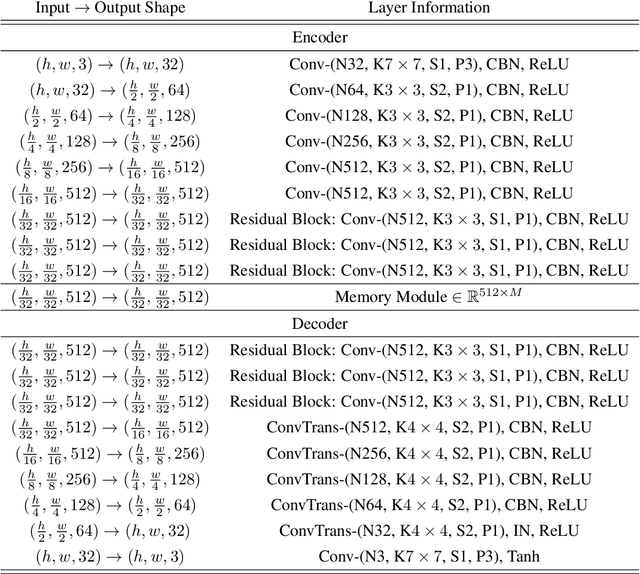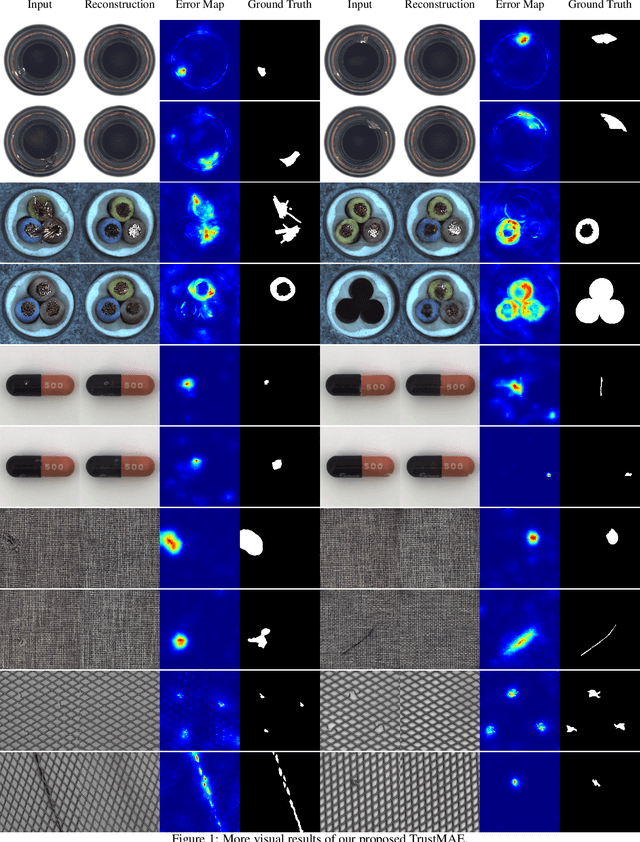Daniel Stanley Tan
DeepExtractor: Time-domain reconstruction of signals and glitches in gravitational wave data with deep learning
Jan 30, 2025



Abstract:Gravitational wave (GW) interferometers, detect faint signals from distant astrophysical events, such as binary black hole mergers. However, their high sensitivity also makes them susceptible to background noise, which can obscure these signals. This noise often includes transient artifacts called "glitches" that can mimic astrophysical signals or mask their characteristics. Fast and accurate reconstruction of both signals and glitches is crucial for reliable scientific inference. In this study, we present DeepExtractor, a deep learning framework designed to reconstruct signals and glitches with power exceeding interferometer noise, regardless of their source. We design DeepExtractor to model the inherent noise distribution of GW interferometers, following conventional assumptions that the noise is Gaussian and stationary over short time scales. It operates by predicting and subtracting the noise component of the data, retaining only the clean reconstruction. Our approach achieves superior generalization capabilities for arbitrary signals and glitches compared to methods that directly map inputs to the clean training waveforms. We validate DeepExtractor's effectiveness through three experiments: (1) reconstructing simulated glitches injected into simulated detector noise, (2) comparing performance with the state-of-the-art BayesWave algorithm, and (3) analyzing real data from the Gravity Spy dataset to demonstrate effective glitch subtraction from LIGO strain data. DeepExtractor achieves a median mismatch of only 0.9% for simulated glitches, outperforming several deep learning baselines. Additionally, DeepExtractor surpasses BayesWave in glitch recovery, offering a dramatic computational speedup by reconstructing one glitch sample in approx. 0.1 seconds on a CPU, compared to BayesWave's processing time of approx. one hour per glitch.
TrustMAE: A Noise-Resilient Defect Classification Framework using Memory-Augmented Auto-Encoders with Trust Regions
Dec 29, 2020



Abstract:In this paper, we propose a framework called TrustMAE to address the problem of product defect classification. Instead of relying on defective images that are difficult to collect and laborious to label, our framework can accept datasets with unlabeled images. Moreover, unlike most anomaly detection methods, our approach is robust against noises, or defective images, in the training dataset. Our framework uses a memory-augmented auto-encoder with a sparse memory addressing scheme to avoid over-generalizing the auto-encoder, and a novel trust-region memory updating scheme to keep the noises away from the memory slots. The result is a framework that can reconstruct defect-free images and identify the defective regions using a perceptual distance network. When compared against various state-of-the-art baselines, our approach performs competitively under noise-free MVTec datasets. More importantly, it remains effective at a noise level up to 40% while significantly outperforming other baselines.
 Add to Chrome
Add to Chrome Add to Firefox
Add to Firefox Add to Edge
Add to Edge